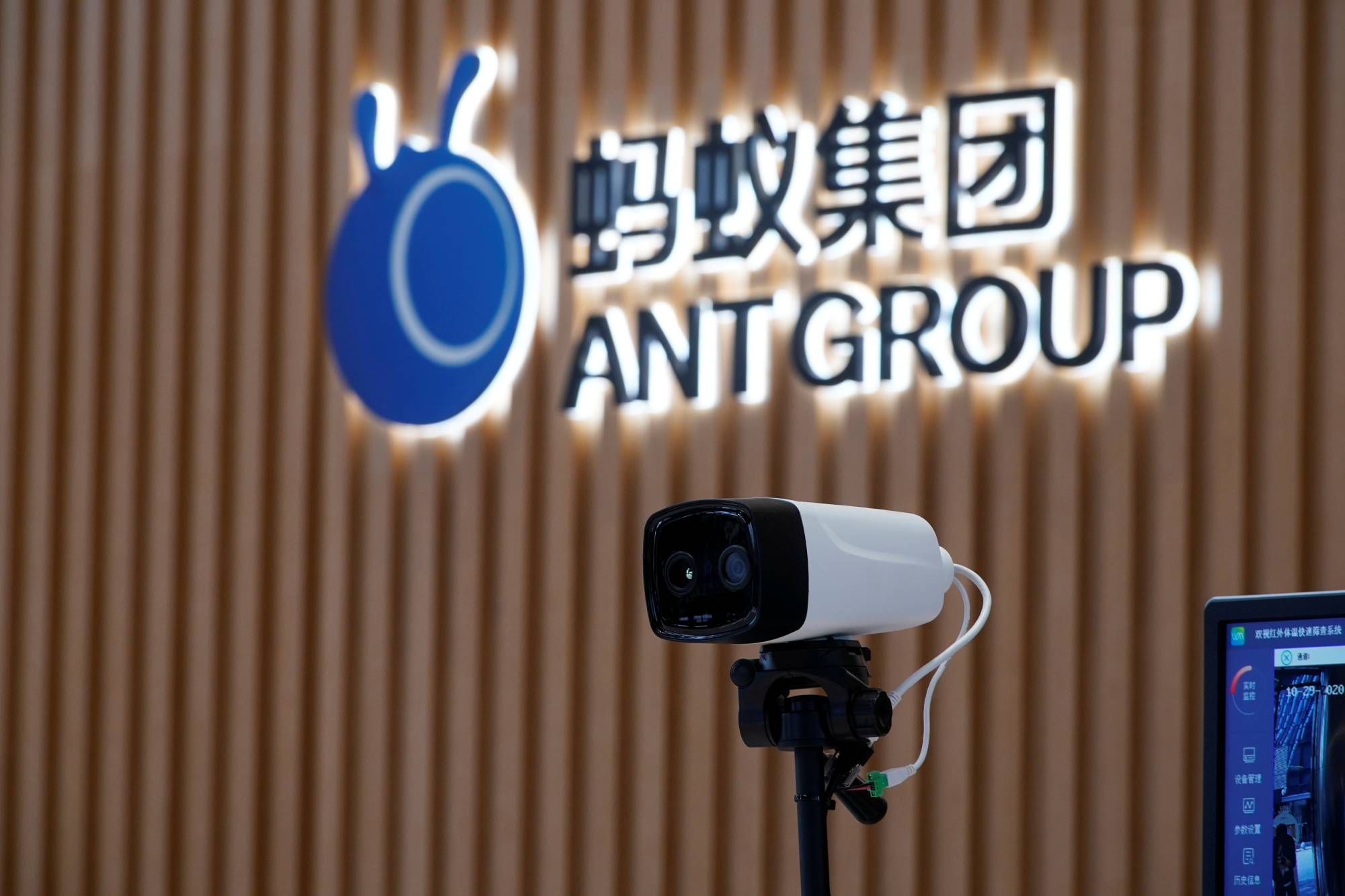Ever since Alibaba founder Jack Ma criticized Chinese financial regulation in a speech last October, a regulatory storm has pummeled the country’s entire online financial and consumer sector. The Shanghai Stock Exchange suspended the planned initial public offering of fintech conglomerate Ant Group — an Alibaba affiliate — just two days before its launch, and regulators subsequently launched a massive crackdown on Chinese Big Tech.
While Ma’s speech appears to have been an unforeseeable random event, the logic of Chinese bureaucratic politics made Ant’s IPO debacle inevitable. As I elaborate in my new book, power within the Chinese bureaucracy is fragmented among central ministries and levels of government. A department’s mission and objectives determine its stance and approach toward regulating businesses.
China previously regulated its financial system using a “one bank and three commissions” structure. The People’s Bank of China (PBOC, the central bank) was responsible for monetary policy and macroprudential regulation, while separate banking and insurance regulators and the China Securities Regulatory Commission (CSRC) oversaw their respective sectors.


















With your current subscription plan you can comment on stories. However, before writing your first comment, please create a display name in the Profile section of your subscriber account page.